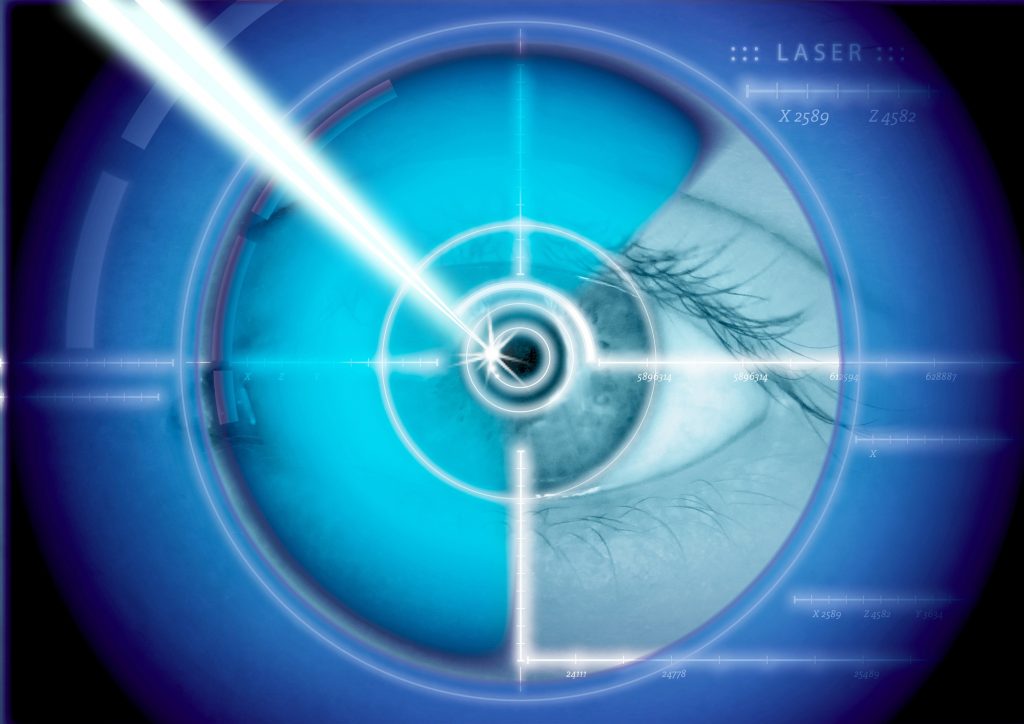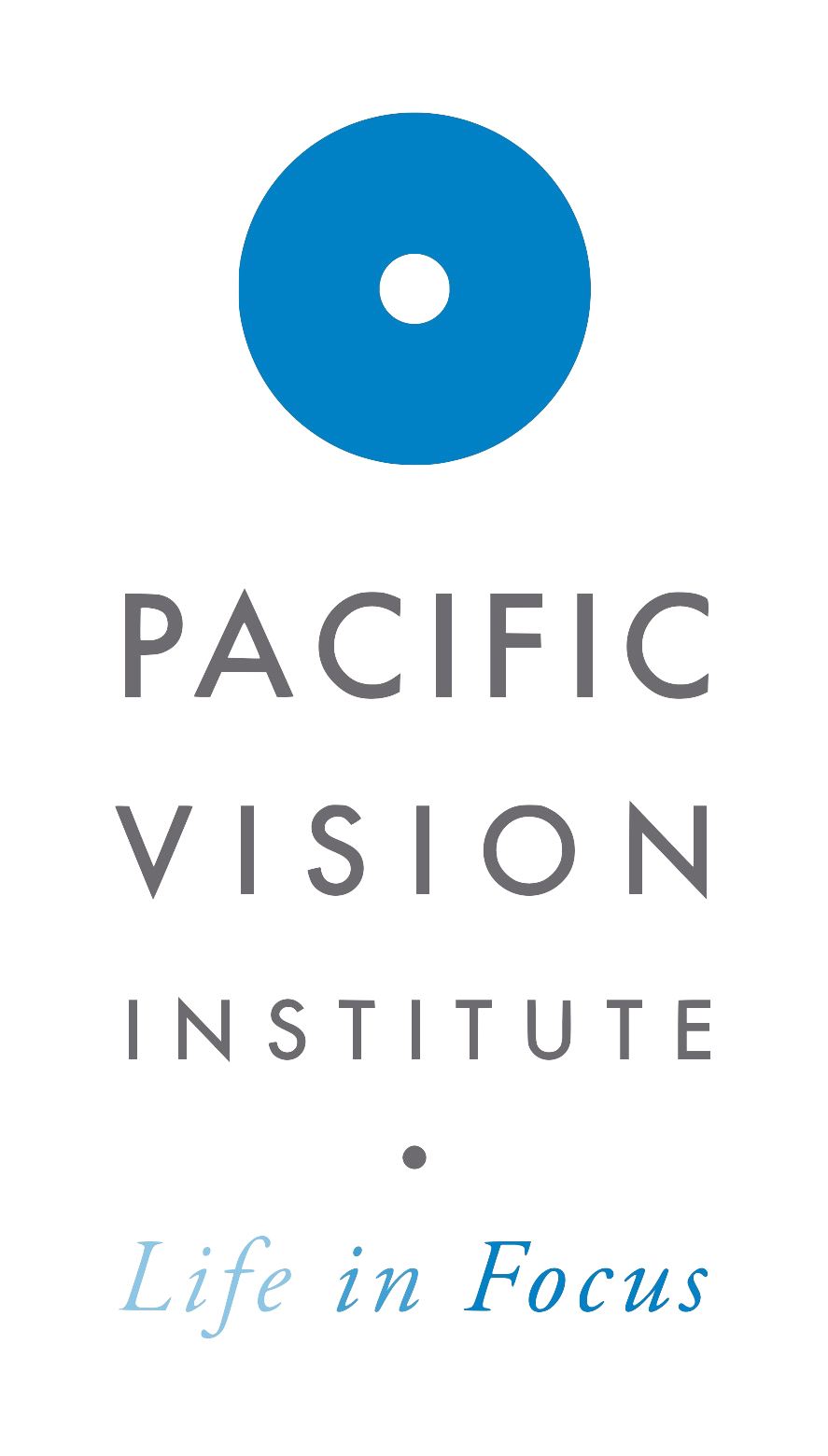LASIK SURGERY & SAFETY
So you’ve heard all about the virtues and benefits of LASIK but aren’t sure if it’s as safe as it sounds? Rest assured, you’re not alone. More than 20-million people worldwide have asked themselves exactly that. Since its debut in 1999, more than 10 million Americans have undergone LASIK, roughly 700,000 every year, and climbing — 20 million procedures in all. Throughout this time, LASIK has also undergone more than 7,000 peer-reviewed clinical studies.
Is LASIK safe?
By most accounts, between 96 and 98 percent of people who get LASIK end up with 20/20 vision and as many as half will end up with better than 20/20 vision. So what could go wrong? A small number of patients report that following LASIK, they experienced dry eyes, or a glare when looking into lights.
LASIK is a fast but precise laser-assisted minimally invasive surgery that reshapes the cornea to fix a host of vision conditions, from near and far-sightedness to vision distortions. As with any surgical procedures, yes, there are risks. But LASIK is as popular and successful as it is because the benefits far outweigh the risks. Patients should be made well aware of them and have all the time in the world to question their doctor and leave no stone unturned. But by and large, consensus is that the LASIK is the safest and most effective ophthalmology procedure of all time.

What makes LASIK the safest and most effective ophthalmology procedure?
LASIK complications are extremely rare. Were we to consider a few popular alternatives and look at contact lenses and eyeglasses, for example, we’d find that using contact lenses puts a person at risk of eye infections and ulcers, and that vision degenerates over time through the use of either glasses or contact lenses. However, all things considered, with simple routine care that includes daily cleaning of lenses, these risks are rapidly reduced.
So too with LASIK. A professional eye surgeon who has performed thousands of successful procedures is almost a guarantee of a positive outcome. Another factor to consider is that while LASIK does bring about a permanent and positive improvement to vision, should the outcome be faulty or should one’s vision deteriorate several years or decades from today, LASIK can be corrected. It is not a one-and-done procedure where a patient is left with whatever he/she may be left with. Yes, a vast majority of patients are very pleased, even ecstatic, with their results, but no, it’s not uncorrectable in the rare event that something should go wrong.
One of the biggest keys to successful LASIK is a thorough consultation with your vision specialist wherein all of your questions are answered, and all necessary criteria are checked off. A LASIK patient should be at least 18 years old, in good general health, not have uncontrolled diabetes, or an autoimmune disease. They should also first be cleared up of any eye disease such as glaucoma, cataracts or retinal and optic nerve diseases. These and many more, checked before the procedure is ever done, help to ensure the outcome will be as expected and that following a few months of healing and natural but mild eyesight fluctuations, the vision will in fact level out at 20/20 or better.
Is LASIK safer than wearing contact lenses?
On first consideration, it would seem that a set of clean lenses temporarily placed over the corneas and cleaned daily would be a safer alternative than a laser-assisted surgery. By actual statistics and science, however, that isn’t actually so. Apart from the fact that over time wearing contact lenses will usually deteriorate the eyesight, the odds of developing a serious eye infection are roughly 1 in 100 for contact lens wearers, but 1 in 10,000 for LASIK. If you are trying to clear up a vision defect, LASIK is a better option than contact lenses, and over time, often a more affordable one.
Why Choose Pacific Vision Institute?
The Pacific Vision Institute is renowned for its superior surgical outcomes. In an independent third-party comparative analysis, our results excelled well above an industry average — in an industry already known for its relative safety and success. Our team is confident that we can safely help you regain the vision you have always dreamed of. Contact us today!
